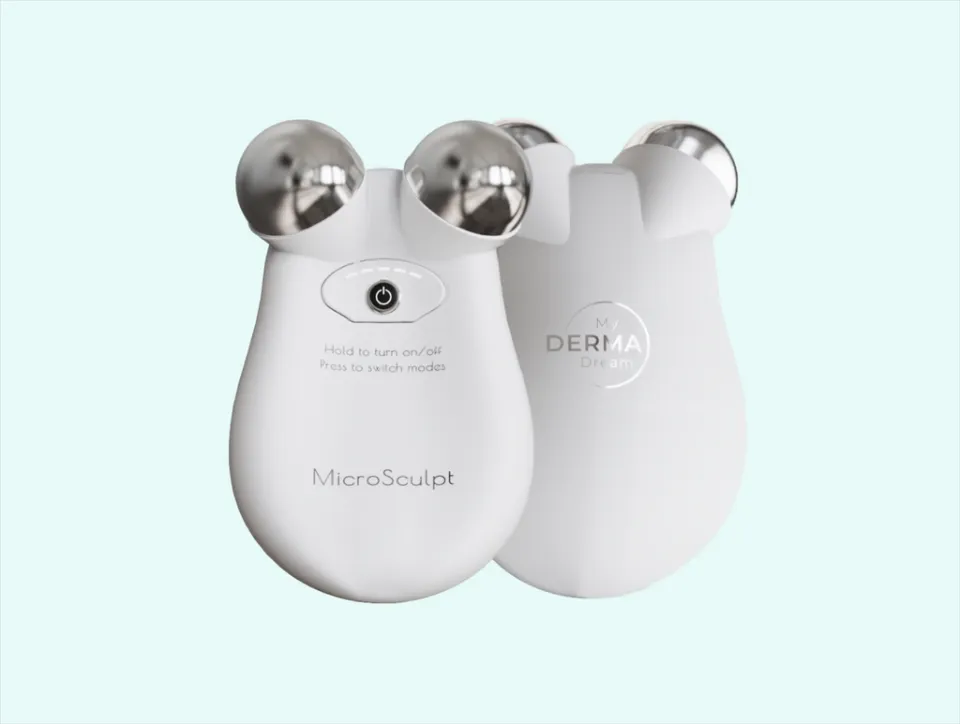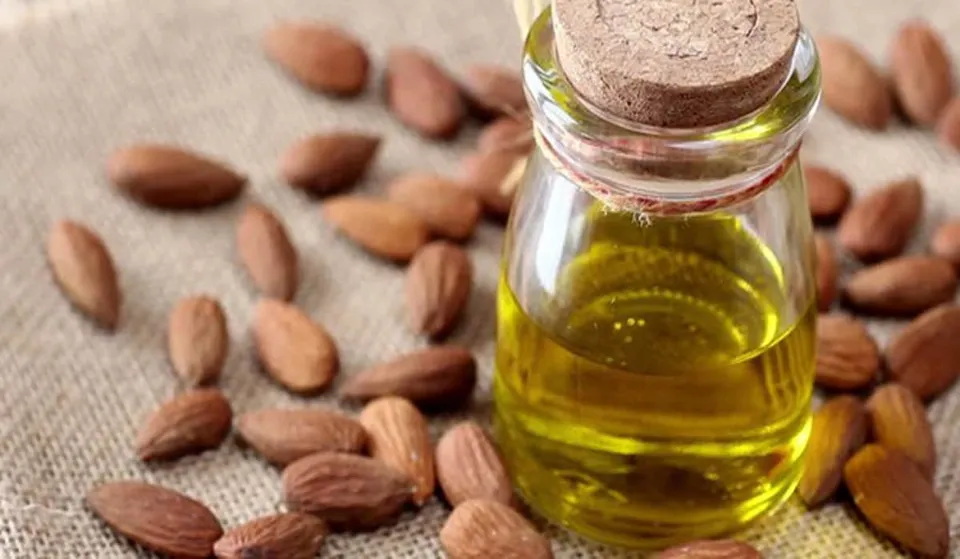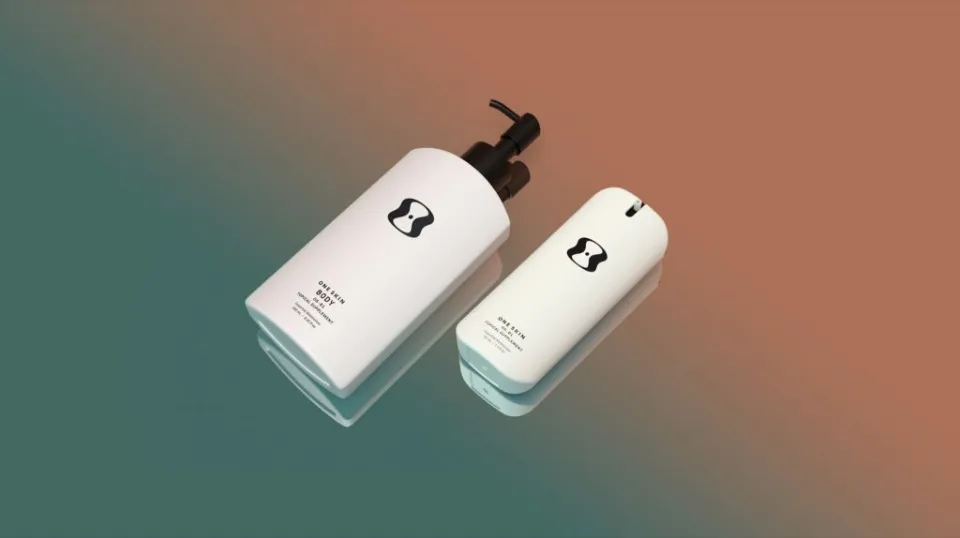It’s one of the simplest ways to improve the appearance of your skin and deep-cleanse your pores, and exfoliation works like magic. But what if you have sensitive skin, how to exfoliate sensitive skin?
A challenge for those with sensitive skin is finding an appropriate exfoliator while avoiding irritation. Thankfully, there are numerous exfoliation techniques that can be applied by a professional or at home.
Discover exfoliating advice for sensitive skin by reading on.
Should You Exfoliate If You Have Sensitive Skin?
It’s possible that someone advised you to avoid using harsh exfoliation if you have sensitive skin. But there are ways to exfoliate that are hydrating, calming, and balancing to sensitive skin.
But what exactly makes skin sensitive? Skin with a compromised barrier and biome is actually what is referred to as sensitive skin.
Your skin may be trying to tell you that it is stressed due to a compromised barrier and biome if you frequently experience symptoms like stinging, burning, itching, redness, or dryness.
We can see overworked skin as an opportunity to nourish and restore its health because sensitive skin is simply a sign that repair and protection are needed.
Related Reading: Should You Exfoliate Eczema?
How to Exfoliate Sensitive Skin?

Here are some tips for exfoliating sensitive skin:
1. Start Slow
Take it slow and give your skin time to adjust, just like with any new product you add to your skin care regimen.
Feel free to use more of the product if your sensitive skin responds favorably to the acid-based exfoliant. Later on, we’ll go into more detail about how frequently you should exfoliate and what it means to over-exfoliate.
2. Prioritize Acids
If you weren’t convinced in the earlier section that acid based exfoliants are best to exfoliate sensitive skin,
research studies found acids were important for maintaining skin barrier function and the consistent use of acids resulted in firmer, smoother, and more plump looking skin.
3. Look for a Nutrient Dense Exfoliant
Using hydrating and calming ingredients when exfoliating sensitive skin is recommended. Keep an eye out for functional ingredients like vitamins and adaptogens because of their numerous skin healing benefits:
- Niacinamide – Niacinamide, a calming form of vitamin B3, replenishes the skin’s barrier to prevent moisture loss and dehydration and helps to even out skin tone.
- Reishi – By TCM, an adaptogenic mushroom was dubbed the Queen Healer. This incredibly hydrating mushroom aids in hydration and reduces oxidative stress symptoms.
Niacinamide and Reishi are two ingredients in Acid Potion that hydrate and calm the skin’s barrier during chemical exfoliation.
4. Follow Up With Products That Build Skin Health
Consider using products that promote skin health as your sensitive skin is actually your largest organ and can alert you when something more serious needs to be addressed.
Apply barrier- and biome-friendly products like Plump Jelly, Hyaluronic Acid serum, and Cosmic Cream™, a dewy moisturizer, after your gentle exfoliation because exfoliation helps serums and creams penetrate deeper.
Use products that promote healing from the inside out because research has shown that enhancing the skin barrier can significantly reduce the symptoms of sensitive skin.
5. Skip the Cotton Round
If you have sensitive skin, you know scrapping and tugging only creates irritation. To minimize friction on the skin when using Acid Potion to exfoliate sensitive skin, feel free to omit the cotton round.
Instead, shake a portion the size of a quarter into your palm and use your fingertips to pat the product onto your clean face and neck.
6. Incorporate Skin Cycling
The act of switching between products is known as “skin cycling.” Due to its potency, liquid exfoliation should only be used when you feel your skin requires it in your daily skincare routine.
7. Consider the Sun
Check the exfoliant’s ingredient label. Use the product only at night if it contains both AHAs and BHAs, as AHAs have been shown to increase skin’s sensitivity to light.
Use morning or night if your exfoliation product only contains BHAs.
No matter what, always remember to wear a hat, sunglasses, or mineral sunscreen to shield your delicate skin from the sun.
How Often to Exfoliate Sensitive Skin?

There’s no magic number for how often you should exfoliate, but it’s smart to start with once a week if you have sensitive skin (and discontinue use and consult your dermatologist if you experience an unexpected or adverse reaction.)
You can gradually increase frequency to two or three times a week if your skin is responding well to the treatment but you don’t feel like you’re seeing the desired results.
Make sure your skin is completely free of any remaining makeup and skincare products before exfoliating.
The Benefits of Exfoliation
Exfoliation is the process of removing dead skin cells from the surface of your skin. Long-term accumulation of these dead skin cells, in addition to extra oil and debris, on the skin’s surface can cause dullness and breakouts.
Because of this, exfoliating is good for all skin types, even sensitive skin.
You can exfoliate either mechanically or chemically, depending on the method you use.
In contrast to chemical exfoliation, which uses acids like salicylic acid and glycolic acid or enzymes to physically scrub the surface of your skin, mechanical exfoliation involves using a scrub or dry brush.
Bottom Line: How to Exfoliate Sensitive Skin
Exfoliating sensitive skin can be a beneficial and rejuvenating step in your skin care routine when done correctly.
While sensitive skin necessitates additional care and consideration, exfoliation is not a necessity.
Your sensitive skin can look and feel nourished and soothed after exfoliation if you use the right methods and products to help restore balance.
FAQs
What is the Most Gentle Form of Exfoliation?
Although lactic acid (AHA) is an excellent all-purpose exfoliant, it is kinder to sensitive skin and older skin.
What Happens If You Don’t Exfoliate?
Blackheads and whiteheads, two of the most prevalent acne symptoms, are frequently caused by inadequate exfoliation.
Should I Exfoliate Morning Or Night?
Even though it can be done at any time of day, it is best to exfoliate in the morning because the skin repairs itself at night.




